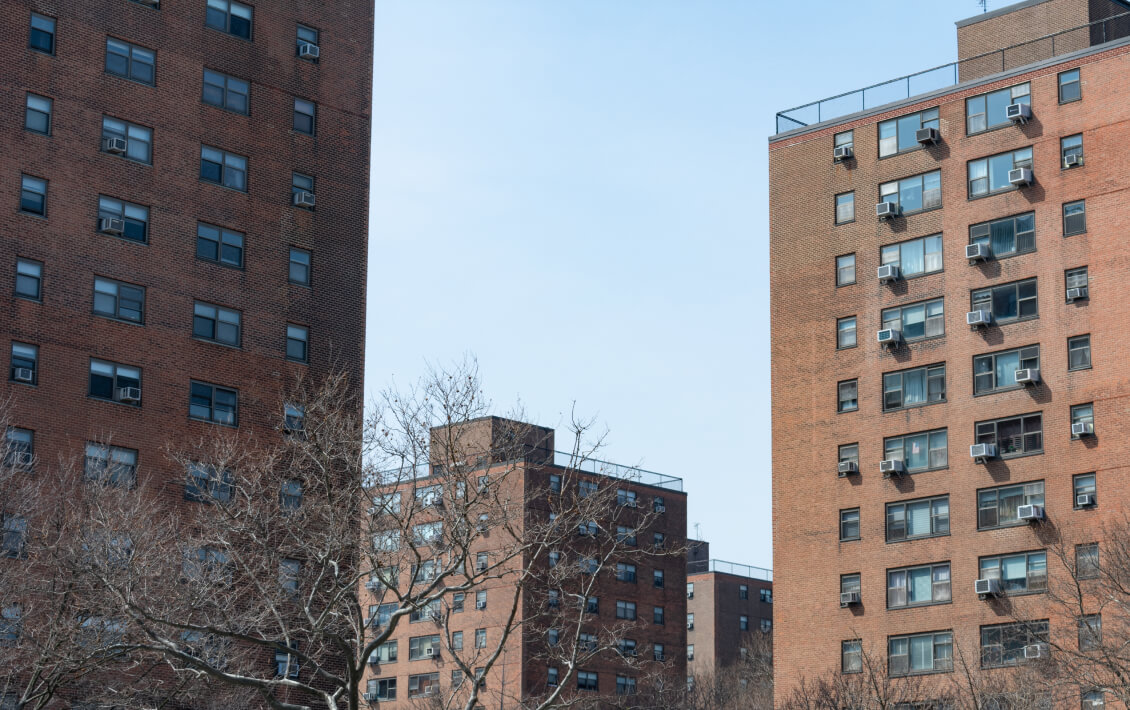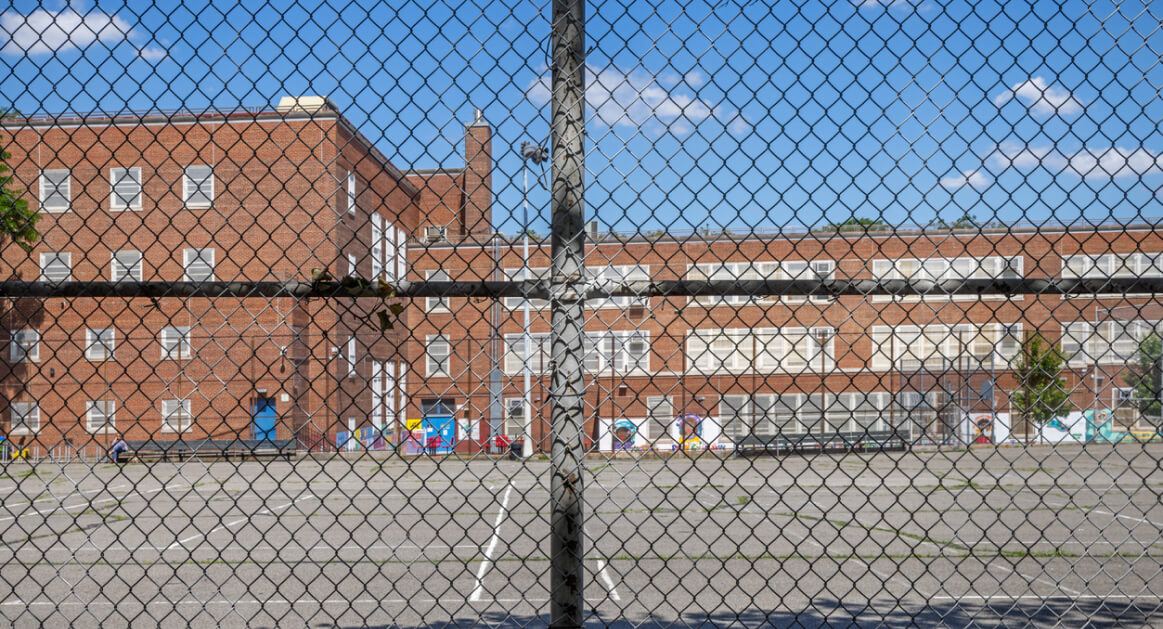I. Introduction to Zaman v. Patwary
In Zaman v. Patwary, 295 A.D.2d 424 (2d Dept 2002), litigated by the Frankel Law Firm, the New York Appellate Division addressed the complexities of establishing causation in lead poisoning cases. This case is instructive for its clear demarcation between evidence and speculative arguments in the legal process.
II. Case Description and Court Actions
The Zaman case revolved around an infant plaintiff diagnosed with lead poisoning who had lived in an apartment with peeling and chipping lead-based paint. The plaintiffs sought partial summary judgment on liability which was initially denied by the lower court. One of the key legal questions was whether the lead poisoning was caused by the apartment’s conditions or by other sources, such as spices, as speculated by the defense.
III. Speculative Argument of Alternative Causation
In a notable move, the defendant attempted to defeat the summary judgment by speculating that the child’s lead poisoning could have been caused by spices that were mentioned in the New York City Department of Health records. However, there was no concrete evidence to support any such lead ingestion by the infant Plaintiff or that the spices contained lead. This argument highlights a critical aspect of many lead poisoning cases: speculative possibilities do not equate to proof.
IV. Evidence as Proof and Legal Implications
The Zaman court underscored that evidence, not fanciful speculative possibilities, is the cornerstone of legal proof. The defendant’s failure to provide evidence to support the alternative causation theory was an important factor in the reversal of the lower court’s decision, granting the plaintiff’s cross-motion for partial summary judgment. This case serves as a reminder to attorneys that imaginative arguments by defense counsel cannot substitute for solid evidence.
V. Conclusion
Zaman v. Patwary illustrates the essential role of concrete evidence in lead poisoning cases. The decision reaffirms the principle that speculative theories, however creatively formulated, cannot replace factual evidence in defeating a motion for summary judgment on the issue of causation and liability.
We welcome your legal questions for topically relevant articles in the future. Feel free to compose a question – it may be addressed in future articles. Email Question
Free Case Evaluation
Fill Out The Form Below To Find Out If You Have A Case.
Thank you for contacting us. One of our colleagues will get back to you shortly.



